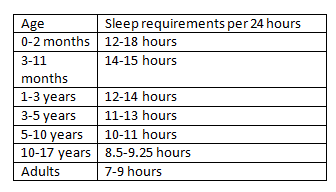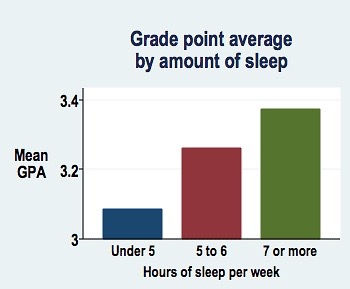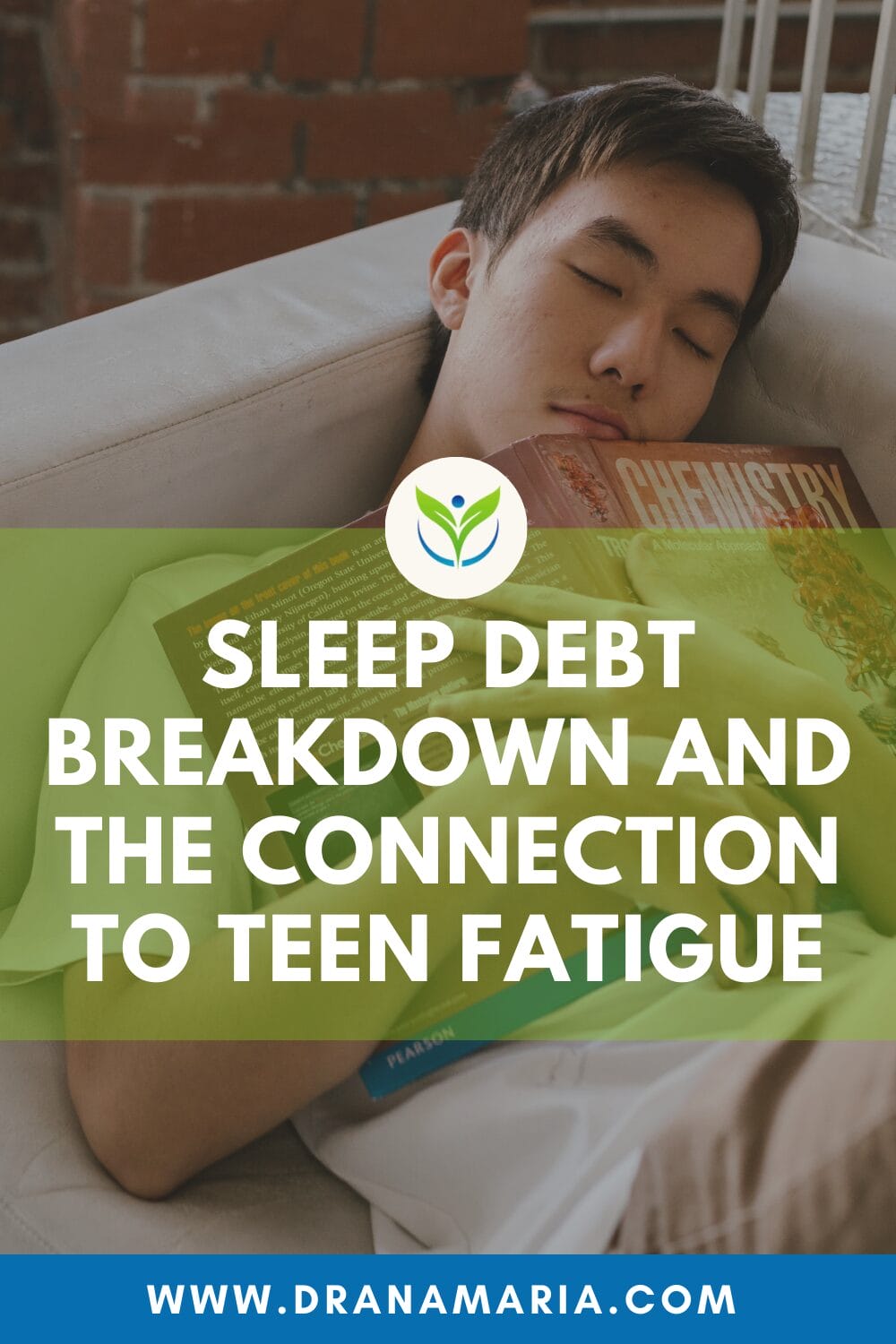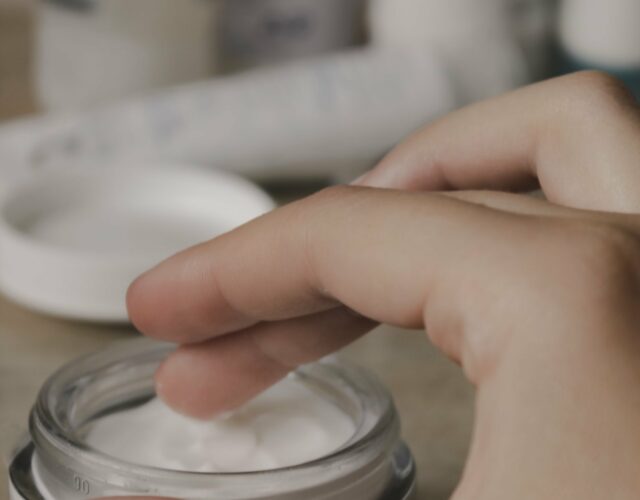Teen Fatigue is a very common complaint in my clinic especially as the school year progresses. I see so many young men and women for fatigue and they are worried about thyroid problems, anemia, or mono. 99% of the time the blood work for these aliments is normal.
So what is the cause and how to fix this:
Let’s see if this sounds familiar: Wake Up time is early due to early bell times at school. At school kids are somewhat sleepy in class, and at times lack focus and concentration. They get home, feeling drained. Snack is eaten, generally crackers, chips, cookies, etc. Naps become “necessary” (1-2hrs), then they wake up, lollygag on phone, then do homework. Eat dinner. Take shower. They do more homework. Then chill out on phone (it is now 11PM). Turn phone off to charge on night stand as alarm clock. Phone still buzzing. Kids having difficulty falling asleep (it is now 12:30). Fall asleep (its now very late). Wake up time is early do to early bell times at school. In summary, there has been perhaps 5-6hrs of sleep. This happens every night. But no problem, the weekend is coming up. They go to bed late 12AM or 1AM, wake up at Noon. = 11-12hrs of sleep. Plenty of sleep, So what is the Problem? How can teens still be tired after a weekend of slothing?
Lets review sleep requirements:

Lets review what happens during sleep:
What happens at night:
- solidifies memories, (think remembering notes for exam the next day)
- builds the immune system, (think not getting sick during exam time) (less sore throats, less cough, less congestion)
- repairs muscles, (think better performance on the athletic field)
- regenerates or renews cells for organs including the skin, (think less acne, less wrinkles, firmer skin)
- decreases swelling/inflammation in the brain (think less headaches and migraines)
- replenishes chemicals in the brain called neurotransmitters (think less grumpy during the day) (think more focus at school and less use of ADHD meds) (think better driving skills and less accidents)
- repairs nerve cell connections to decrease anxiety and stress (think less anxiety and stress)
- decrease levels of gherlin – the hunger hormone (think less binge eating on junk during the day)
- increases leptin – the hormone that signals “we are full” (think less continuous eating snack after snack)
- revs up the metabolism to burn calories, fat, and protein more efficiently (think more energy) (think moving more and sitting less)
- allows insulin to access fat cells storing those hidden amounts of sugar eaten during the day (see posts on breakfast) (think less fat deposited on hips and belly)
Let’s do some math based on 9hrs of sleep required:
Weekdays Sunday
- Sunday Night – 6hrs
- Monday Night – 6hrs
- Tuesday Night – 6hrs
- Wednesday Night – 6hrs
- Thursday Night – 6hrs
= 3hrs of sleep deficit a night x 5 = 15hrs of sleep debt in 1 week
Weekends
- Friday Night 12hrs
- Saturday Night 12 hrs
= 3hrs of sleep repaid x 2 nights = 6hrs of sleep debt repaid
15 – 6 = 9hrs of sleep not paid back by the time Sunday night arrives. And the week begins again.
So in 2months time, Sleep Debt Lead to:
- fatigue
- colds,
- congestion,
- headaches,
- migraines,
- stomach aches,
- more acne,
- more wrinkles,
- sunken and pale skin
- lack of concentration,
- longer homework times,
- lower grades,
- more effort for same grades,
- less healthy eating,
- more unhealthy snacks,
- larger quantities of snacks
- weight gain from the snacking,
- weight gain without eating a lot of extra calories
- less desire to move
- grumpiness
- irritability
- stress
- anxiety

What to do to get better sleep and be less fatigued
- sleep debt is repaid over weeks not weekends. A regular bed time must be established every night, including the weekends. Try getting 7hrs every night at first and then work on getting 8-9hrs every night.
- stop sleeping with the phone in the room. It buzzes, beeps, interrupts sleep
- stop checking snapchat, Instagram, Facebook, right before bed. LED lights from phones, iPads, TV’s disrupts the hormone Melatonin which helps you sleep. When melatonin is decreased, it leads to unrestful sleep, disrupted sleep (waking up many times in the middle of the night), and nightmares. Turn phones off 1-2hrs before sleep time.
- turn phone off or put on do not disturb during homework. Every time you look at texts, messages, pictures on your phones, it takes us 7-10min to get back on task. This adds up to long homework times.
In Good Health, Ana-Maria Temple, MD
Found this post helpful? Save it for later!





